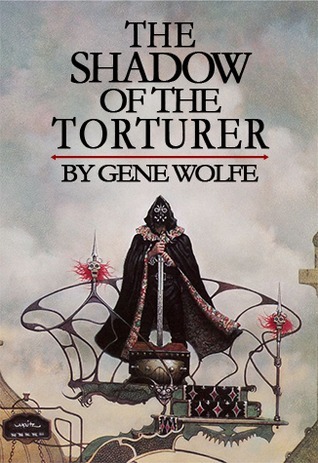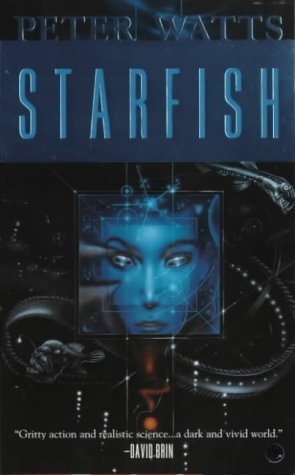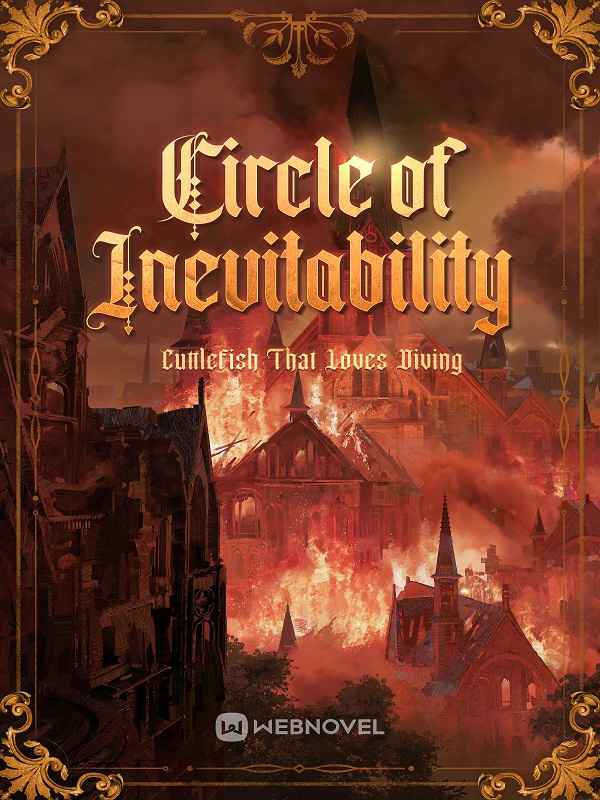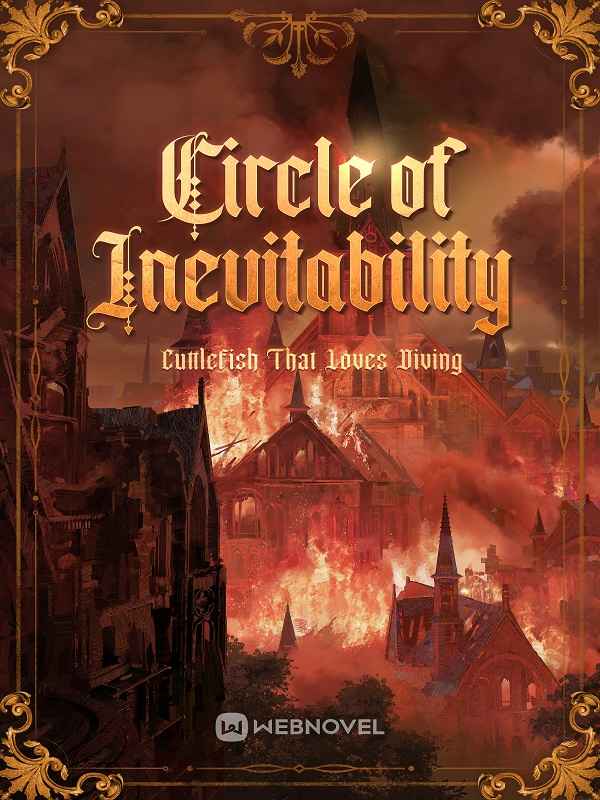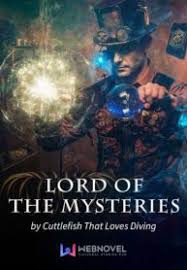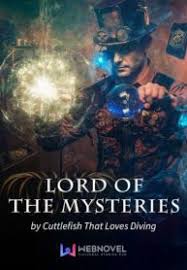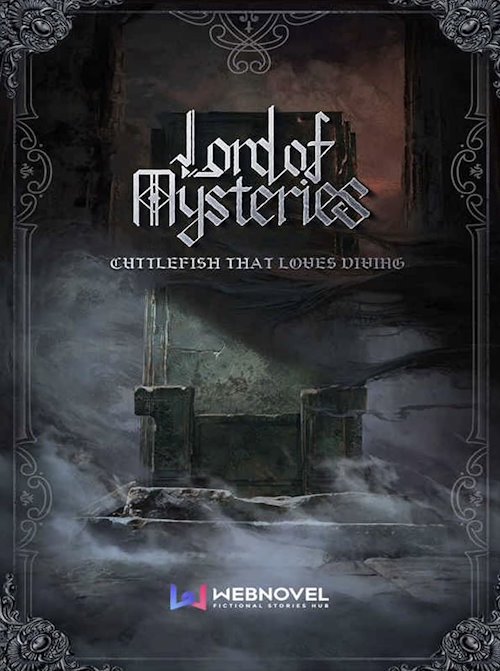
Intro
I felt compelled to write this post because I see this phenomenon grow and take over most of the things I watch and read. In simple terms, the author tyrannically decides what will happen in their world because they start from an idea and a stand-in for themselves. Many types of pressure are contributing to them not spending time with the world they build or the characters they write.
I start watching a series or a movie or read a book and I absolutely love it. There is a fresh idea, an interesting protagonist and things are getting intriguing. And then... either it just goes on like it started without adding anything else or the idea is shared and the story ends, only to be continued in new seasons or installments that don't seem to go anywhere at all. What is going on?
That is not to say that creatives cannot create great work by themselves, yet that requires a level of intensity and personal maturity that is exceptional. Instead, I present a possible solution that can be applied by many, despite outside pressure.
In the post I will use the term "game playing" to mean any form of interactive exploration of the opportunities made available by a work of fiction, be it table top Dungeons & Dragons style stuff or any other method.
Commercial pressure
First of all, let's get the elephant in the room done and over with. Most writing involves finding an idea that can be sold. There is no benefit in creating a 5 volume outline if you don't know if anyone is even going to buy the first one. There is no benefit in trying to determine what works and doesn't work with the idea if someone already agreed to buy it. Also, if from the beginning someone - be they a publishing house or a film studio - interfere with what you are trying to create, why even bother to make it good? And maybe you wanted to tell a good story, and you did, but the only way someone accepts a commercial deal is if you sign a contract for a continuation that you never intended to write.
These are valid concerns which I am not going to cover in this post. Each writer finds their own motivations and resources and I am not here to judge, although it comes naturally to me :)
The ones that got away
There are some notable examples of creations that managed to avoid the issue. The Expanse is one. The Legend of Vox Machina and The Mighty Nein are some others. The Malazan Book of the Fallen also falls into this category. Many others, I am sure. And they have something in common:
- they are collaborative
- they are game played
All of the stuff above has been played, D&D style, between the world builders of those stories before it even came to publishing or adapting anything. That solved some issues that plague so many otherwise good stories:
The blind spot
The writer sometimes focuses on an idea or desired outcome or they simply fall in love with their character to such an extent that they can't see plot holes that would be obvious for others. Collaboration fixes this with other pairs of eyes, let's call it a peer review process. Game playing it, though, elevates much higher because it expands the world in directions that the story did not cover. It helps find the questions unasked rather than just review the answers to the ones that are asked. The most important "what if?" that sparks creation is now enhanced with the "why then?" that anyone experienced when trying to explain something to a young child.
History shows that audiences are starving for consistent worlds, for "canon", and are willing to make great leaps of faith to find one. A single logical flaw in the structure of a story may break its appeal to consumers and retconning is just a cop out, not a real solution. Meanwhile, a well thought out internally consistent narrative is loved by all.
The favorite child
A protagonist is used to bring the audience into the story with a character that can proxy their point of view, feelings and actions inside the world that is being created. However, since this is also a stand in for the author, they gain the extraordinary powers of unbelievable luck, always walking on the right path to further the plot and possessing amazing physical and mental prowess just when required. How many times did we not watch a hero run across an open field while bullets missing them, only for then to turn around and shoot their enemies from the first shot? How many times did we see the evil faceless minions stumble, being dumb, obvious and cardboard while the hero dances around them, nimble and throwing funny quips while defeating them effortlessly? How many times did the character have to eliminate scores of evil goons before they get to the boss fight which suddenly has completely different rules?
This is the Mary/Martin Sue character that no one can empathize with for long, yet the problem is not this character, it's all of the others. If the author is busy playing with the Rambo toy, they might not feel as invested playing with the Russian commander, consider their point of view or value system. Certainly the minions are not even worth considering, all masked, dressed alike and not even recognizing each other as individuals.
Game playing destroys this issue before it even comes up. If you are suddenly playing the Russian commander, you will do what makes sense for you not the hero. If you have players assigned to the minions, they will gain instantaneous depth. And then the protagonist gains depth as well, as they have to battle fanatic idealists that not only fight for their leader, but have personal beliefs and want to live and have friends and family and feelings and back stories. Defeating any of them now carries meaning and moral implications. Mercy becomes an alternative, maybe even argumentative debate. Thus the story gets deeper with almost no effort.
The small world
A galaxy far far away has a story to tell and everybody loves it. True heroes are born and fall, yet somehow they are always running into each other or are even related to each other. They fight on the same planets, say the same things and when they switch sides, the choice of sides is always the same. Within these setups, the hybrid trope feels new and creative. Wait what? A big Xenomorph with green phosphorescent blood because it came from a Yautia? How intriguing! A half-human vampire that can walk in the day? Amazing!
This is a problem that is very much related (pardon the pun) to The Favorite Child. It's a Favorite World, the playground that the author doesn't want or know how to get out of. It's also cheaper with move sets or setup writing. Why imagine new worlds when you have spent so much time to build one already?
Another problem can be bundled here: you see "the team" is made out of apparently very different people and you revel in their different viewpoints of the same situation. But are they really different? Once you realize that the members of the party are never in any kind of real conflict, you realize that they are all part of the same culture. There is no shock, just slight variations on a theme. It doesn't matter if they have individual value systems if those systems are only applied within the same cultural context. Then you realize that the villain doesn't have a true divergent vision either, just a different value on the same axis. Like watching a political debate between people from a country that you don't really care about. Their arguments seem pointless and the debaters more alike than different.
Collaboration between different people fixes that from the get go. Game playing it expands the world, sometimes in unexpected places. Instead of one "What if?" you are asking many more in smaller and smaller places, which actually makes your world bigger and well defined. Instead of a few planets, a whole galaxy of worlds.
The ego
There is something called "rubberducking", it's when you have a problem that you just can't seem to fix, no matter how much effort you spend trying to find a solution. And then you go to a friend and colleague and you start telling them about your problem. The process of translating your situation into words clarifies it and reveals the solution. Before your friend can utter a word, you have found a way out. That's why they are calling it rubberducking, because in theory you can just talk to one of those floating rubber ducks that you put in your bath tub and get the same result.
But in practice, it's never a rubber duck, it's always another person. You talk to them after you internally admit defeat. The first step is not articulating the problem, but admitting you can't hack it and then talk to someone about it. And that's a very difficult first step, especially for creative people. In theory, game playing a world is easy, but in practice, sharing your creation with someone else is hard, accepting other viewpoints is hard, adapting to those viewpoints is hard and especially asking for help and admitting you can't fix your own thing is really difficult.
That is why creative collaborations often fail miserably. There has to be a middle ground, a safe place of ideas, a mechanism to move things forward in the absence of consensus. Just "yes and" doesn't work. "no fucking way" is extremely important, too.
However, while this is usually hard to arrange, setting it up as a game is less so. You can always abandon a game, no biggie. The ego takes less of a hit if are just playing around.
How many times did you see a movie that was written, directed and maybe even played by the same person, which resulted in a self indulgent output that no one resonated with? Unfortunately, if someone is not ready for criticism they will always become a tyrant for their worlds and characters, never letting them truly shine.
Chekhov's gun
The metaphor of Chekhov's gun has been used so much to justify trimming unnecessary parts of a story you are writing. If you write about a gun over the mantle, somebody better get shot with it by the end of the story. Otherwise, why write about it?
But even Chekhov himself wrote about two unfired guns in The Cherry Orchard! This is not a rule, but something to keep in mind whenever you decide what you are going to write. It's not a limiting factor, only another metric to take into consideration. And then free to be dismissed. If every element of a story has a use by its end, then there is no color, no variation, no surprize.
Instead of expanding creativity, this principle has been used to justify butchering stories in the editing room, settling for flat storylines that start and end predictably, movie and book covers that look the same and reveal the genre and often the entire plot with a single image and so on.
The good stories are the one that someone can summarize for you and still be incredibly fun to read or watch after. Collaboration helps with this a little. Unless previously agreed, it's unlikely that multiple people will be seeing the same ending to a story, the same actions for a character and the same consequences to those actions. But game playing gets it to another level as it's generating different endings, maybe even different starting points, other characters, other locations, other problems that require solutions, maybe unrelated to the main one.
When writing a book or making a movie, people generate a lot of extra content that is then rearranged, edited, improved, cut to tell the story in the most efficient way possible. However, the existence and breadth of that content is what ultimately determines the resulting story. With game play, you get a lot more material, much of it fun to produce and that may not induce terminal sadness when discarded. There have been cases when major roles from already filmed movies were cut completely because it was improving the story (well, sometimes that's the reason, but again, let's not talk about butchering artistic value for economic or social motives). It just stands to reason that with more material, you have more options for the better story. That is what game playing does.
Even if you apply Chekhov's gun in the end, you pick a gun from many possible options. And this has been proven with computer games. Normally, you get a main story and then some sidelines. You have to get from point A to Z, but the game lets you explore a little some side quests that improve the experience and give you the illusion of choice. But then you get some games with very large worlds, multiplayer interaction and a minimal mythology, like online multiplayer shooters, for example. And, if successful, something wonderful happens. Bits of that experience is then translated into extra mythology! Books are written, spin-off games and stories pop up. Fans create and expand their own content. Story follows game play instead of the other way around!
Conclusion
I could have talked about this a lot more, but I decided to end it here. I think I've made my point. Characters and stories must overthrow the author's tyranny and live. I am not advocating for committees deciding the outcome of creative process - this has been tried to disastrous results, but to collaborative creative effort, supported by a framework that allows for risk and exploring of multiple avenues, even (maybe especially!) if they don't go anywhere.
Personally, I will always appreciate a playful creative failure over a serious failure to create.
Playing and creativity go hand in hand. I will go as far as to say that they can't exist without each other. Play with your worlds, play with others, let your creation breathe. Only then sell it.


